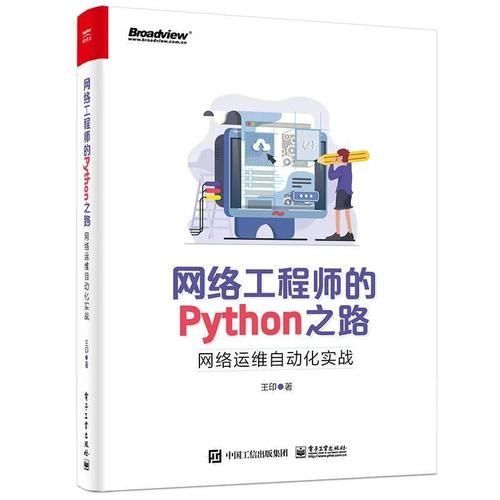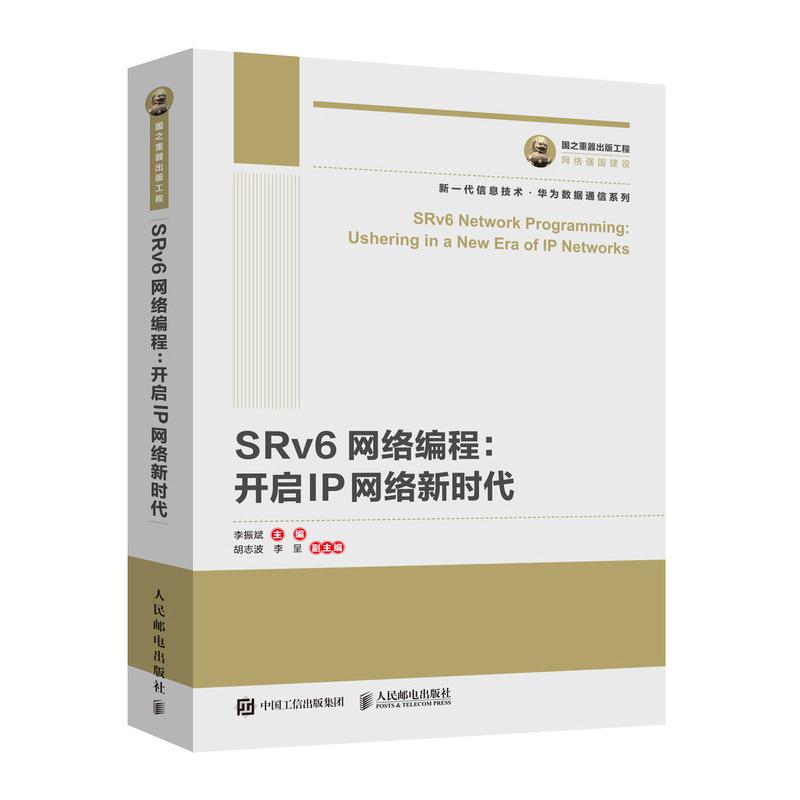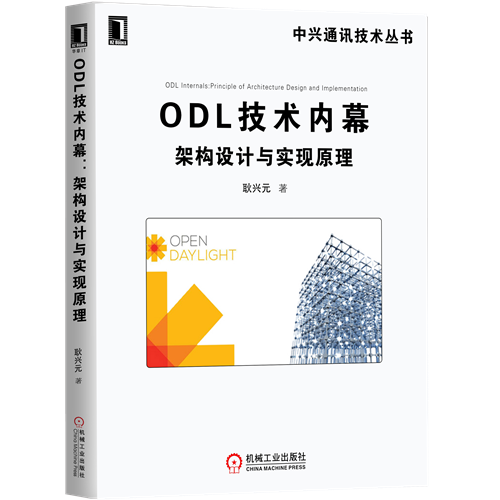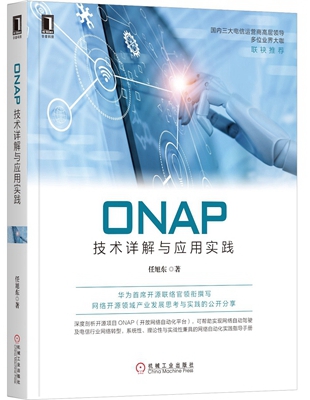Beijing, China – Dec. 07, 2015 - BUPT FNL has joined the ONOS project as a collaborator. FNLab from Beijing University of Posts and Telecommunications (BUPT FNL) is a lab that specializes in innovation research on future networks including Software-Defined Networking (SDN) and Content-Centric Networking (CCN). The lab focuses on both theoretical innovation and engineering practices.

The ONOS project aims to design and implement an open source distributed SDN operating system. The most critical benefit of a network operating system is that it provides a useful and usable platform for software programs designed for a particular application or use case. ONOS applications and use cases often consist of customized communication routing, management or monitoring services for SDN.
"It has become a key issue for operators' network to provide more flexible and efficient services. ONOS is a platform that help operators' network to achieve the goal. It is a great honor for us to join the ONOS project,” said Yunjie Liu, a member of the Chinese Academy of Engineering and the leader of BUPT FNL. “We have high hopes that ONOS can serve as a smart and sound platform to meet the demands of customized services in future networks. We have the best wishes to see ONOS’s continued success."
BUPT FNL will develop, contribute and integrate features, functions and modules that will advance the production capabilities of the Open Source SDN Network Operating System (ONOS). As a start, BUPT FNL will implement a Troubleshooting module into the ONOS platform. The Troubleshooting module aims to improve the reliability of SDN networks and mainly solves three problems:
1)Routing loop. Through analyzing flow entries of the whole network, we can detect whether routing loops exist in the network, in real time. We are then able to provide detailed information of faulted flow entries. Moreover, we can show the characteristics of the data flows that will trigger the Loop Storm.
2)Routing black hole. By analyzing flow entries of each hop at the data path, we can reappear the path and find out the switch nodes where the routing black hole exists. Finally, we can give you some suggestions on the reason why the path is faulted, and provide relative flow contents and debug information.
3) App conflict. After detecting network failures, we will provide timestamps of deploying the flow entries and detailed stack information of procedure calls to help engineers solve the related app conflict problem. In future, BUPT FNL will contribute more modules to the ONOS project, such as Traffic Engineering, Network Virtualization. Also, BUPT FNL will apply the ONOS to C-Lab (SDN-based campus testbed in BUPT FNL).
“Having BUPT FNL join ONOS as a collaborator enhances our existing work with research institutions and with R&E network operators worldwide,” said Guru Parulkar, Co-Founder and Executive Director at ON.Lab and Chairman of the ONOS Board. “The organization’s work on porting a debugging application to ONOS that detects routing loops and black holes with more failure detection modules planned for future development is a welcome addition and helps our ongoing mission to harden ONOS for carrier-grade deployments.”
About the ONOS project
ONOS is the open source SDN networking operating system for Service Provider networks architected for high performance, scale and availability. ONOS' ecosystem comprises ON.Lab and organizations that are funding and contributing to the ONOS initiative. These include AT&T, NTT Communications, SK Telecom, China Unicom, Alcatel-Lucent, Ciena, Cisco, Ericsson, Fujitsu, Huawei, Intel and NEC; members who are collaborating and contributing to ONOS include ONF, Infoblox, SRI, Internet2, Happiest Minds, KISTI, KAIST, Kreonet, NAIM, CNIT, Black Duck, Create-Net, Criterion Networks, ETRI, ClearPath Networks, ECI, BUPT FNL and the broader ONOS community. Learn how you can get involved with ONOS at onosproject.org.
ONOS is a Collaborative Project at The Linux Foundation. Linux Foundation Collaborative Projects are independently funded software projects that harness the power of collaborative development to fuel innovation across industries and ecosystems. www.linuxfoundation.org
About Future Network Theory and Application Laboratory
FNL belongs to the School of Information and Communication Engineering, BUPT and State Key Laboratory of Networking and Switching Technology. The leader of FNL is Yunjie Liu, an academician of the Chinese Academy of Engineering and the dean of School of Information and Communication Engineering, BUPT. The main research directions of FNL include:
- Future Network Architecture
- SDN, NFV, Network Virtutalization
- Data Center Networking and Cloud Computing
- Content-Centric Networking / Named Data Networking



















